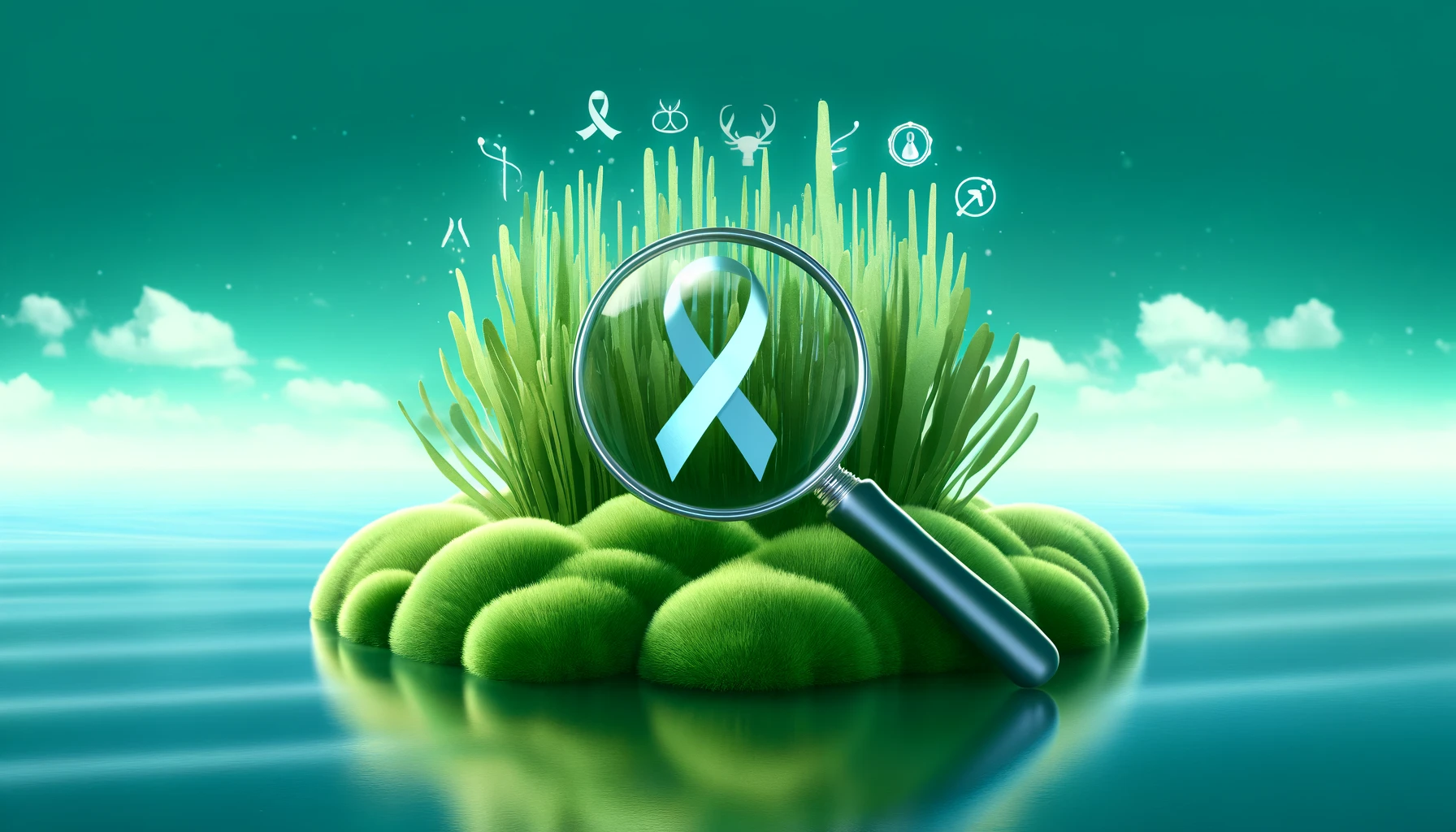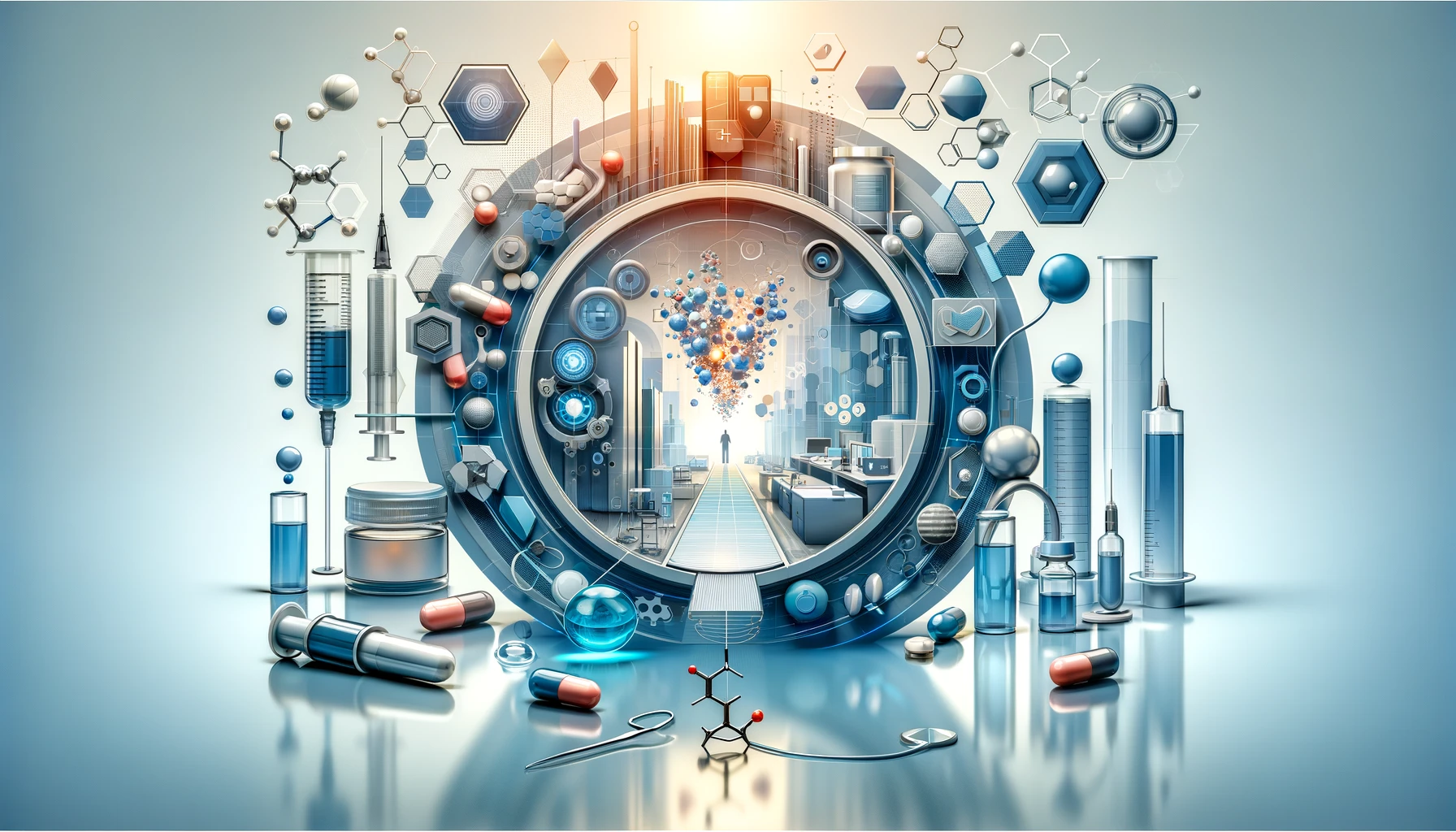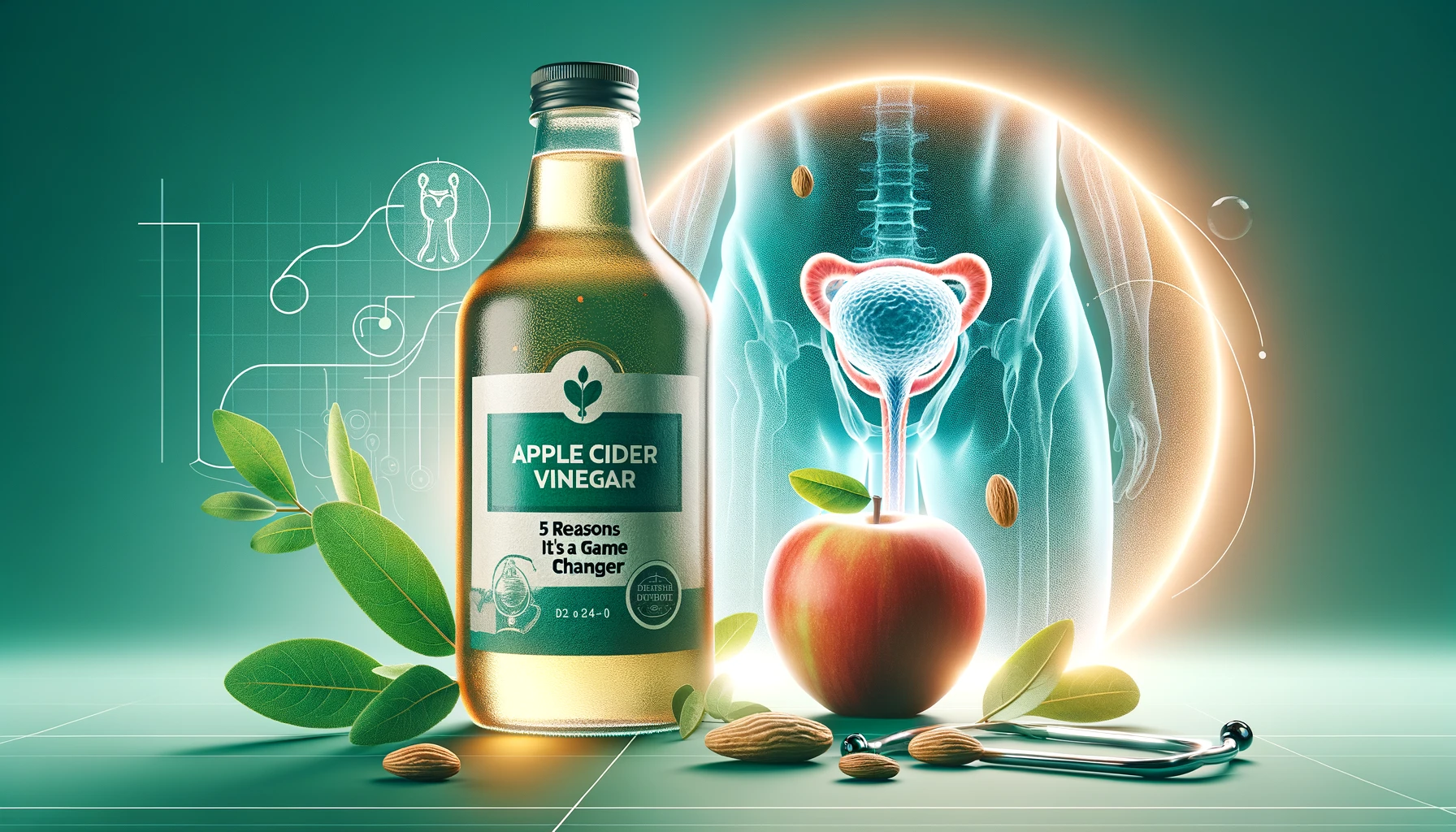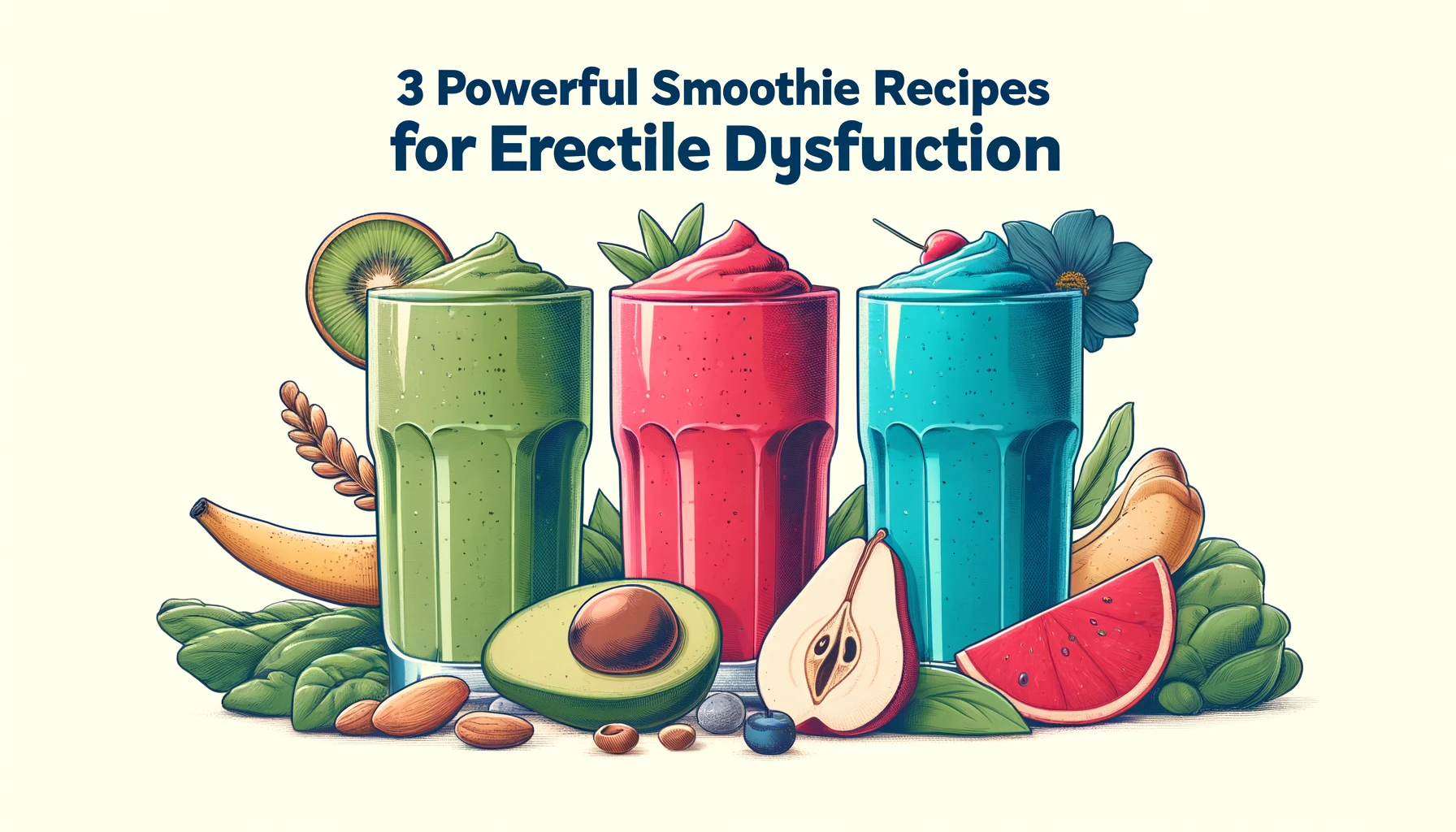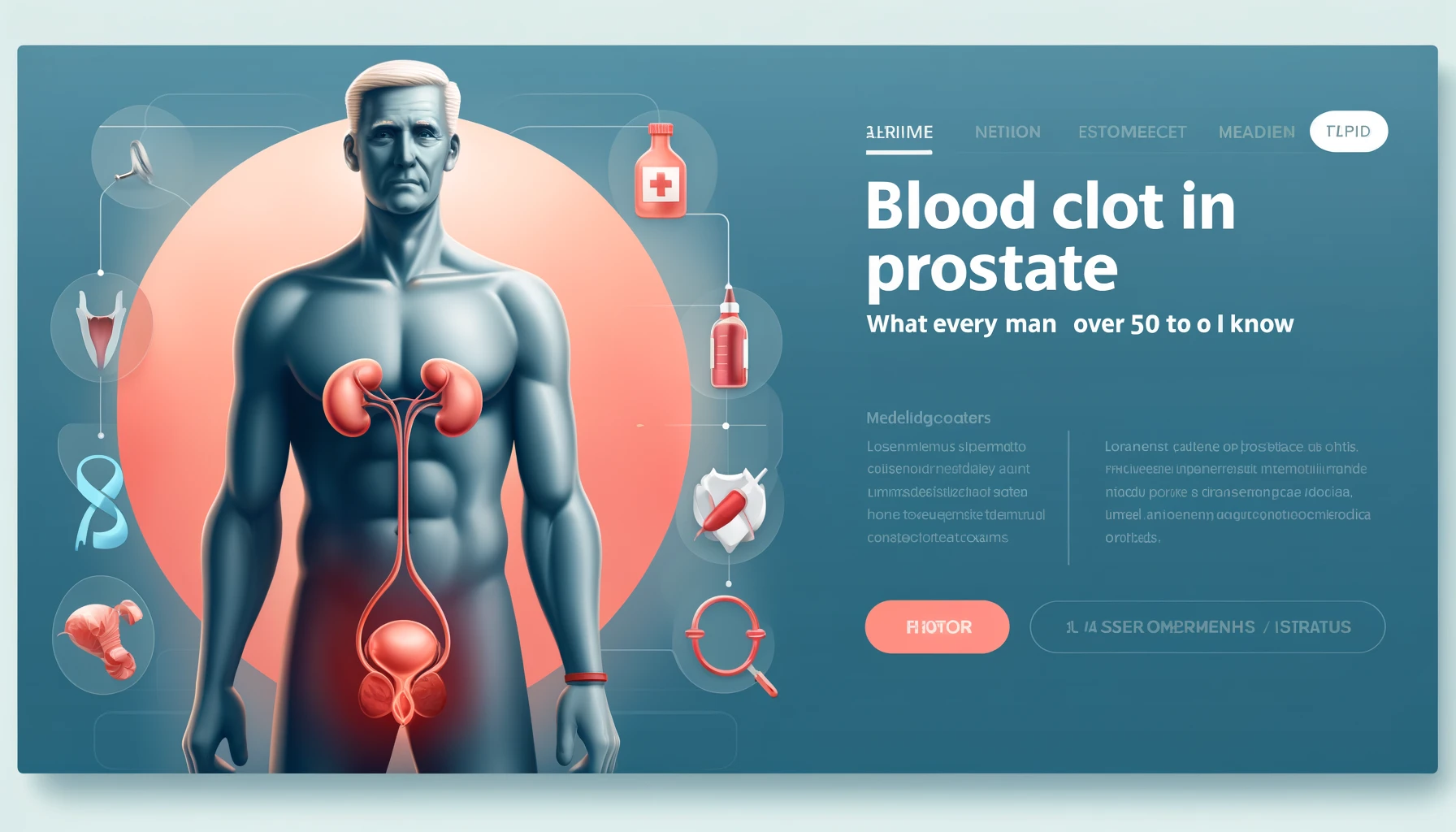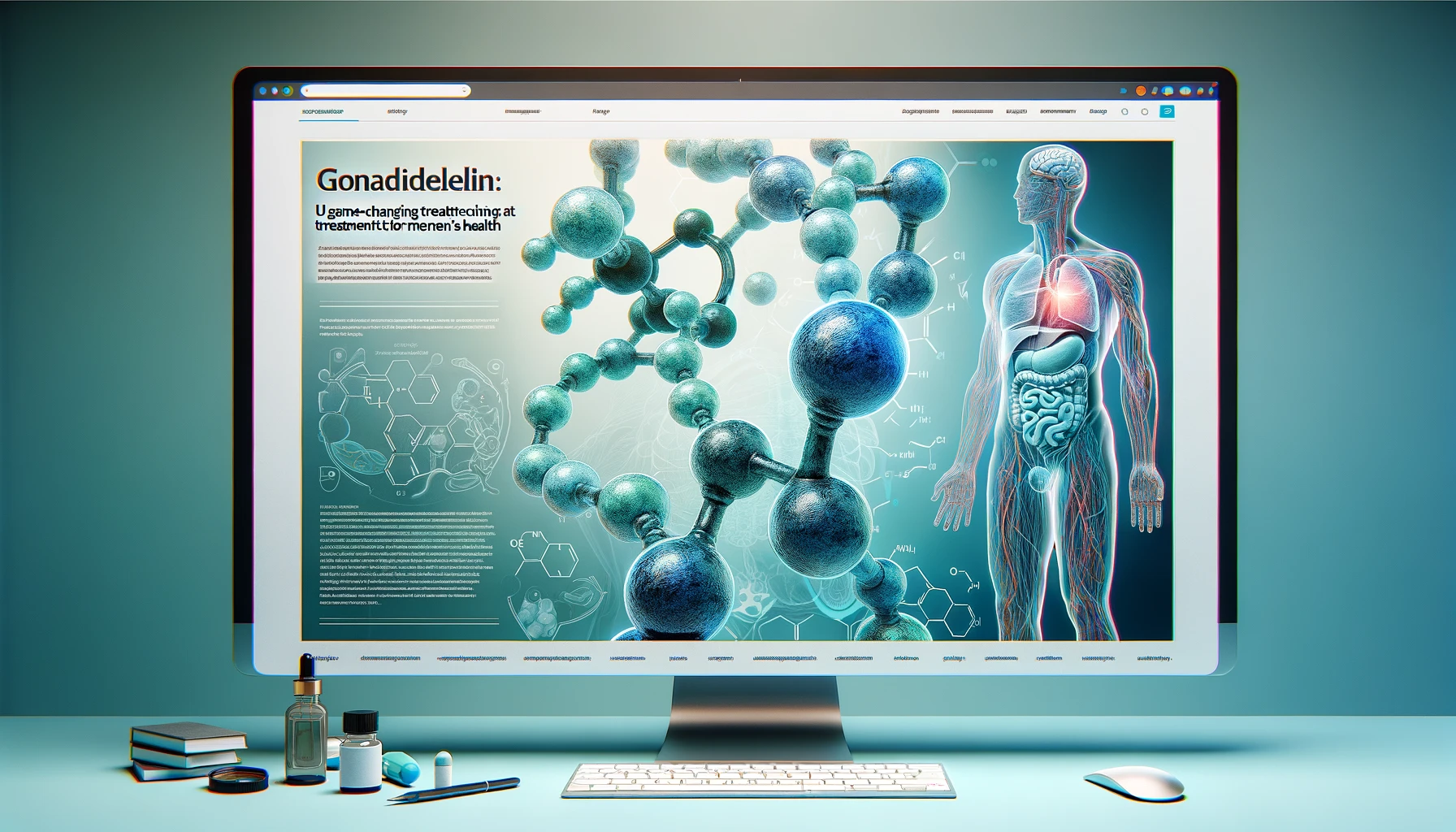best red wine for erectile dysfunction
In the intricate dance of health and indulgence, red wine has long been a partner to many, revered for its rich flavors and supposed health benefits. Among these benefits, a particularly intriguing one has emerged: the potential role of red wine in managing erectile dysfunction (ED). This condition, often shrouded in silence and discomfort, affects a significant portion of the male population at some point in their lives. It’s a topic that not only touches on physical health but also emotional well-being.
Erectile dysfunction is a complex issue, influenced by a myriad of factors from cardiovascular health to psychological state. It’s here, at the intersection of heart health and emotional balance, that red wine steps onto the scene. With its cardiovascular benefits being widely recognized, red wine is thought to have a positive effect on blood flow, which is crucial for erectile function. The antioxidants present in red wine, particularly resveratrol, have been the subject of numerous studies, suggesting a link between moderate red wine consumption and improved vascular health.
However, the relationship between red wine and erectile function isn’t one to be taken at face value. It’s a nuanced association that requires a deeper understanding of how red wine interacts with the body’s systems. This article aims to uncloak the mystery, presenting evidence-based insights into how red wine might play a role in managing ED, how to select the best red wine for health benefits, and how to integrate this ancient beverage into a modern lifestyle for optimal men’s health.
As we uncork the bottle of this topic, we’ll pour through the details of what makes red wine a potential ally against ED. From the vineyards’ best offerings to the science that backs them up, we’ll explore the varietals that stand out in the quest for improved sexual health. We’ll also balance our glass with a word of caution, discussing how to enjoy red wine responsibly and when it might be best to leave the bottle sealed.
Join us as we explore the best red wines for erectile dysfunction, savoring the knowledge that could lead to a healthier, happier life. Whether you’re a connoisseur of the grape or simply looking for natural ways to manage health concerns, this guide is your companion through the world of red wine and its place in men’s health in 2023.
Contents
- 1 How Red Wine Can Influence Men’s Sexual Health
- 2 Criteria for Choosing Red Wine for Health Benefits
- 3 Antioxidants in Red Wine: Resveratrol and Flavonoids
- 4 Understanding the Nutritional Content of Red Wine
- 5 Integrating Red Wine into a Healthy Lifestyle
- 6 Red Wine and Relaxation: Impacts on Erectile Dysfunction
- 7 Old World vs. New World: Which is Better for Erectile Dysfunction?
- 8 Analyzing the Latest Studies on Red Wine and Men’s Health
- 9 What Doctors Say About Red Wine and Erectile Dysfunction
- 10 When Red Wine Isn’t Right: Other Options for Erectile Health
- 11 Potential Risks of Red Wine Consumption
- 12 Creative Ways to Enjoy Red Wine
- 13 Conclusion – Best Red Wine For Erectile Dysfunction
- 14 Frequently Asked Questions – Best Red Wine For Erectile Dysfunction
- 15 Men's Health Related Articles
How Red Wine Can Influence Men’s Sexual Health
The role of red wine in managing erectile dysfunction (ED) is a tapestry woven with various threads of scientific inquiry and cultural lore. At its heart, the connection lies in the ability of certain components found in red wine to support vascular health, which is fundamentally linked to erectile function.
Erectile dysfunction is often a symptom of underlying health issues, many of which are vascular. Conditions such as atherosclerosis, high blood pressure, and high cholesterol can impede blood flow throughout the body, including to the penis, making it difficult to achieve or maintain an erection. Red wine’s potential influence on ED is largely attributed to its antioxidant properties, particularly those of resveratrol, a compound that has been found to have cardiovascular benefits.
Resveratrol, found in the skin of red grapes, is a type of polyphenol that acts as an antioxidant. It’s known for its ability to protect the endothelium, the delicate inner layer of blood vessels, from oxidative stress and inflammation. This protection is crucial because the endothelium plays a key role in blood flow regulation by producing nitric oxide, a molecule that signals the blood vessels to relax and dilate. In the context of erectile function, this relaxation is essential for the inflow of blood that creates an erection.
Moreover, red wine’s antioxidants have been shown to help reduce the presence of free radicals in the body, which can damage blood vessels and impact the production of nitric oxide. By neutralizing these free radicals, red wine can contribute to the maintenance of healthy blood vessels and improve blood flow.
It’s also worth noting that moderate red wine consumption has been associated with increased levels of high-density lipoprotein (HDL), often referred to as “good” cholesterol. HDL plays a role in transporting cholesterol away from the arteries and back to the liver, where it’s processed and removed from the body. This process is beneficial for erectile health, as it helps to prevent the buildup of plaque in the arteries that can lead to ED.
The relationship between red wine and sexual health may also extend beyond the physical to the psychological. Stress and anxiety are known contributors to ED, and the relaxing effect of a glass of red wine might help alleviate psychological barriers to sexual arousal and performance. However, this benefit is tightly bound to moderation, as excessive alcohol consumption can have the opposite effect, potentially worsening ED.
Criteria for Choosing Red Wine for Health Benefits

When it comes to selecting the best red wine for health benefits, particularly for erectile dysfunction, there are several factors to consider. The process is akin to choosing the right tool for a job; you want the wine that will provide the optimal combination of beneficial compounds like resveratrol, flavonoids, and antioxidants, while also aligning with your taste preferences and dietary considerations.
The Top Varietals of Red Wine for Erectile Function
Firstly, let’s explore the varietals that are often associated with higher levels of the beneficial compounds:
- Pinot Noir: This red wine is typically on the lighter side but packs a punch in terms of resveratrol content due to the thin skin of the grapes and the cooler climates they are grown.
- Merlot: Known for its soft, ripe, elegant flavors, Merlot is another good source of antioxidants and can be a more palatable option for those who prefer a less tannic red wine.
- Cabernet Sauvignon: Often full-bodied and rich, Cabernet Sauvignon is not only favored for its taste profile but also its health-promoting properties, including a high resveratrol content.
- Petite Sirah and Malbec: These varietals are known for their deep color and robust flavors, which are indicative of their high antioxidant levels.
The Region Matters
The region where the wine is produced can also affect the levels of resveratrol and other antioxidants. Wines from cooler regions, where grapes are more stressed, tend to have higher levels of these compounds. For example, Pinot Noir from Oregon or Burgundy may have different resveratrol levels than those from a warmer region.
The Winemaking Process
The way the wine is made also plays a role. Traditional winemaking methods that include longer fermentation times and the use of the entire grape can result in a wine with more resveratrol. Organic and biodynamic wines may also have higher levels of antioxidants, as the grapes are grown without synthetic pesticides and fertilizers, which can affect the grape’s natural production of resveratrol.
Alcohol Content and Caloric Consideration
While the health benefits of red wine are an important factor, so too are the alcohol content and caloric value. Wines with a higher alcohol content will also be higher in calories, which can contribute to weight gain—a risk factor for erectile dysfunction. Therefore, it may be wise to opt for wines with a moderate alcohol percentage (ideally between 12.5% to 13.5%).
Personal Health and Dietary Restrictions
It’s crucial to consider any personal health issues or dietary restrictions. For individuals taking medications, it’s important to consult with a healthcare provider, as red wine can interact with certain drugs. Additionally, for those with health conditions that are contraindicated with alcohol consumption, non-alcoholic red wines might be an alternative to explore.
Taste Preference
Finally, the best red wine for you is one that you enjoy drinking. The benefits of red wine can only be realized if it’s consumed in moderation, and it’s more likely to be consumed responsibly if it’s a variety and style that you appreciate. Taste testing different red wines can be a delightful way to discover which ones you prefer while also considering the health benefits.
Antioxidants in Red Wine: Resveratrol and Flavonoids
The health benefits of red wine, when consumed in moderation, are often attributed to its rich content of antioxidants. These compounds are crucial in neutralizing free radicals, which are unstable molecules that can cause oxidative stress and damage to cells, contributing to a range of diseases including heart disease and cancer.
Resveratrol: The Heart of Red Wine’s Health Benefits
Resveratrol is perhaps the most well-known antioxidant in red wine. It’s a compound that plants produce to defend against stresses, including infection and ultraviolet radiation. In humans, resveratrol has been shown to have several health benefits:
- Cardiovascular Health: Resveratrol helps to protect the lining of blood vessels, reducing the risk of clot formation which is a leading cause of heart attacks and strokes. This is particularly relevant to erectile dysfunction, as good cardiovascular health is essential for erectile function.
- Anti-Inflammatory Effects: Chronic inflammation is a root cause of many diseases, and resveratrol has been shown to have anti-inflammatory properties.
- Blood Sugar Regulation: There is some evidence to suggest that resveratrol can help regulate blood sugar levels, which is important for overall health and can impact conditions like diabetes, which is a risk factor for erectile dysfunction.
Flavonoids: The Colorful Antioxidants
Flavonoids are another group of antioxidants found in red wine that contribute to its health benefits. They are responsible for the vibrant colors of many fruits and vegetables, and in red wine, they come from the grape skins. Flavonoids have been associated with:
- Heart Health: Like resveratrol, flavonoids contribute to heart health by reducing bad cholesterol and increasing good cholesterol, as well as improving artery function.
- Cancer Prevention: Some studies suggest that flavonoids may help in preventing certain types of cancer through their antioxidant action.
Red Wine and Heart Health: The Connection to Erectile Dysfunction
The heart health benefits of red wine are particularly relevant to erectile dysfunction. A healthy heart and vascular system are critical for erectile function, as erections are all about blood flow. When the heart is healthy, the arteries are clear and blood can flow freely to the penile tissue, which is necessary for an erection.
Moderation Matters: The Right Amount of Red Wine for Sexual Health
It’s important to stress that these benefits are most likely to be seen with moderate consumption of red wine. The definition of moderate varies, but it is generally considered to be up to one glass a day for women and up to two glasses a day for men. Overconsumption can lead to negative health effects, including an increased risk of erectile dysfunction.
The Holistic View: Red Wine as Part of a Healthy Lifestyle
While red wine can contribute to health, it’s not a silver bullet. It’s most effective when part of a balanced diet and healthy lifestyle. This includes eating a variety of nutritious foods, staying active, managing stress, and not smoking.
ALSO READ: Unlock the Secret: 10 Best Foods That Help With Erectile Dysfunction
Understanding the Nutritional Content of Red Wine

Red wine is more than just a beverage; it’s a complex mixture of compounds that contribute to its nutritional profile. While it’s not a significant source of macronutrients like protein or fiber, red wine contains a range of micronutrients and bioactive compounds that can impact health.
Micronutrients in Red Wine
Red wine contains several vitamins and minerals, albeit in small quantities. These include:
- Potassium: Important for maintaining healthy blood pressure levels.
- Iron: Essential for transporting oxygen in the blood.
- Magnesium: Plays a role in over 300 enzyme reactions in the body.
- Phosphorus: Helps build strong bones and teeth.
- Vitamin B6: Involved in brain development and keeping the nervous system and immune system healthy.
Calories, Sugars, and Alcohol: Balancing for Health
When considering the nutritional aspects of red wine, it’s important to be mindful of its calorie, sugar, and alcohol content:
- Calories: Red wine contains about 125 calories per 5-ounce serving, with the exact number depending on the alcohol content and the amount of residual sugar. Higher alcohol and sugar content will increase the calorie count.
- Sugars: Dry red wines typically have less than 1 gram of sugar per serving, while sweeter wines can have much more. It’s crucial to check the label if you’re monitoring your sugar intake.
- Alcohol: The alcohol content in red wine usually ranges from 12% to 15%. Alcohol is calorie-dense, providing 7 calories per gram, which can add up quickly in terms of energy intake.
Antioxidants and Polyphenols
The most significant nutritional components of red wine are its antioxidants and polyphenols, which include:
- Resveratrol: As previously discussed, resveratrol is a standout antioxidant in red wine, associated with numerous health benefits.
- Flavonoids: These include catechins, quercetin, and anthocyanins, which have antioxidant properties and contribute to the color of red wine.
- Tannins: These polyphenols contribute to the wine’s flavor and have antioxidant properties.
The Impact of Wine Making on Nutritional Content
The nutritional content of red wine can also be influenced by the winemaking process. For example, the length of time the grape skins are left in the wine during fermentation can affect the levels of tannins and color in the final product. Organic and biodynamic wines, which are made without synthetic pesticides and fertilizers, may have different nutritional profiles compared to conventionally produced wines.
Dietary Considerations
For those who are watching their calorie intake or managing conditions such as diabetes, the choice of red wine can be significant. Opting for a dry red wine with a lower alcohol content can help keep calorie and sugar intake in check.
The Role of Red Wine in a Balanced Diet
While red wine can be part of a healthy diet, it should not be relied upon as a primary source of nutrients. It’s best enjoyed as a complement to a diet rich in fruits, vegetables, whole grains, lean proteins, and healthy fats. This approach ensures that you’re getting a wide range of nutrients necessary for good health.
Integrating Red Wine into a Healthy Lifestyle
Red wine, often celebrated for its rich flavors and potential health benefits, can be a pleasurable addition to a balanced lifestyle. However, the key to reaping the benefits of red wine while maintaining a healthy lifestyle lies in understanding how to integrate it responsibly and effectively.
Moderation is Essential
The cornerstone of incorporating red wine into your lifestyle is moderation. The American Heart Association and other health organizations typically define moderate wine consumption as one glass per day for women and up to two glasses per day for men. Exceeding these amounts can lead to negative health consequences, including an increased risk of heart disease, liver problems, and other chronic conditions.
Complementing a Nutritious Diet
Red wine should accompany a diet rich in fruits, vegetables, whole grains, lean proteins, and healthy fats. The Mediterranean diet, for example, includes red wine as a component and is renowned for its cardiovascular benefits. This diet emphasizes plant-based foods, healthy oils, and fish, which synergistically work with the occasional glass of red wine to support overall health.
Physical Activity and Red Wine
Regular physical activity is another pillar of a healthy lifestyle. Exercise improves heart health, boosts mood, and helps maintain a healthy weight. When paired with moderate red wine consumption, the combined effects on cardiovascular health can be significant. However, it’s important to avoid alcohol immediately before or after intense physical activity, as it can impair muscle recovery and hydration.
Stress Reduction
Red wine may also play a role in stress reduction. Many people find that a glass of wine in the evening helps them unwind. This relaxation effect can contribute positively to mental health when used as part of a mindful relaxation routine. However, it’s crucial not to rely on wine as a primary method for managing stress, as this can lead to unhealthy drinking patterns.
Social and Cultural Aspects
Socially, red wine has a place in many cultures as a beverage to be enjoyed with meals and during gatherings. This social aspect can contribute to a sense of well-being and belonging, which are important for mental health. Enjoying red wine during these occasions should be done with a sense of presence and appreciation, enhancing the experience and connection with others.
Sleep Considerations
While a small amount of red wine might aid in relaxation, it’s important to note that alcohol consumption can interfere with sleep quality. It’s best to enjoy red wine earlier in the evening rather than right before bedtime to minimize any potential impact on sleep.
Personal Health and Red Wine
Individual health considerations must also be taken into account when integrating red wine into your lifestyle. For some, such as those with a history of alcohol dependence or certain medical conditions, abstaining from alcohol may be the best choice. Always consult with a healthcare provider to determine what’s appropriate for your personal health situation.
Responsible Enjoyment
Finally, enjoying red wine responsibly is about more than just moderation. It’s about understanding why you’re choosing to drink wine and ensuring that it fits within your lifestyle goals. It’s about making informed choices, such as selecting quality wines that you enjoy and that align with your health objectives.
Red Wine and Relaxation: Impacts on Erectile Dysfunction

The relationship between red wine, relaxation, and erectile dysfunction (ED) is a complex interplay of psychological and physiological factors. Red wine is often considered a relaxant that can reduce stress and anxiety, which are known contributors to ED. Here’s what current understanding and medical insights suggest about this connection.
Stress and Erectile Dysfunction
Stress is a common cause of erectile dysfunction. It activates the body’s fight or flight response, releasing adrenaline and cortisol, which can constrict blood vessels and reduce blood flow, an essential component of achieving an erection.
- Psychological Relaxation: Doctors acknowledge that moderate red wine consumption may promote relaxation and reduce stress, potentially alleviating psychological barriers to sexual arousal and performance.
- Anxiety Reduction: For some men, anxiety plays a significant role in ED. A glass of red wine might help lessen performance anxiety, thereby improving erectile function.
The Vasodilatory Effects of Red Wine
Red wine contains flavonoids that have vasodilatory effects, meaning they can increase blood flow by relaxing the blood vessels.
- Improved Circulation: By improving blood flow, red wine may help in situations where ED is caused by vascular issues, as long as it is consumed in moderation.
- Nitric Oxide Synthesis: The antioxidants in red wine can enhance the production of nitric oxide in the body, which is a key molecule involved in the erectile response.
Alcohol Consumption: A Double-Edged Sword
While moderate alcohol consumption can have relaxant effects, excessive intake can lead to negative outcomes for erectile function.
- Alcohol and Nervous System: High levels of alcohol can depress the central nervous system, impairing sexual arousal and response.
- Long-Term Effects: Chronic alcohol misuse can lead to long-term health issues, including hormonal imbalances and nerve damage, which can exacerbate ED.
The Role of Lifestyle in Managing ED
Healthcare professionals often emphasize the importance of a holistic approach to managing erectile dysfunction, which includes stress management, physical activity, and a balanced diet.
- Lifestyle Modifications: Incorporating relaxation techniques, such as meditation or yoga, and moderate red wine consumption may be part of a broader strategy to manage ED.
- Comprehensive Approach: It’s important to address all potential factors contributing to ED, including psychological, physical, and lifestyle aspects.
The Need for Personalized Advice
Given the individual differences in response to alcohol, healthcare providers recommend personalized advice when considering red wine as a part of managing ED.
- Medical Consultation: Before using red wine as a relaxation aid to potentially improve ED, it’s advisable to consult with a healthcare provider to ensure it’s appropriate for the individual’s health profile.
Old World vs. New World: Which is Better for Erectile Dysfunction?
The debate between Old World and New World wines is a longstanding one among wine enthusiasts, and it extends into discussions about their health benefits, including any potential effects on erectile dysfunction (ED). Here’s a look at the characteristics of each and what they might imply for those considering red wine as part of their approach to managing ED.
Old World Wines: Tradition and Terroir
Old World wines come from regions with long histories of winemaking, such as France, Italy, Spain, and Germany. These wines are often associated with stricter regulations, traditional methods, and a strong emphasis on terroir—the way the wine’s flavors are influenced by its specific place of origin.
- Subtlety and Balance: Old World wines are typically known for their balance, subtlety, and lower alcohol content compared to many New World wines. This could be beneficial for those looking to enjoy red wine without excessive alcohol intake, which can be detrimental to erectile function.
- Polyphenol Content: The polyphenol content in Old World wines may vary depending on the specific region and grape varietals used, which can influence the wine’s antioxidant properties.
New World Wines: Innovation and Flavor
New World wines refer to those produced outside the traditional winemaking areas of Europe, including the United States, Australia, South Africa, and South America. These wines are often recognized for their innovative production techniques and bolder flavors.
- Robust and Fruit-Forward: New World wines often have a more pronounced fruit-forward character and higher alcohol content. While they can be rich in antioxidants, the higher alcohol level might counteract some of the potential benefits of ED.
- Varietal Expression: New World winemakers often focus on the expression of the grape varietal, which can lead to higher concentrations of certain antioxidants depending on the grape used.
Impact on Erectile Dysfunction
When it comes to the potential impact on erectile dysfunction, the choice between Old World and New World wines may come down to personal preference and the specific health goals of an individual.
- Moderation is Key: Regardless of origin, moderation in wine consumption is crucial. Both Old World and New World wines can contribute to a healthy lifestyle when enjoyed responsibly.
- Alcohol Content Consideration: Given that excessive alcohol consumption can lead to ED, those concerned with this condition might opt for wines with lower alcohol percentages, which are more common in Old World regions.
- Antioxidant Levels: The antioxidant profile of a wine, including resveratrol and flavonoids, is more important than its geographic label. Both Old World and New World wines can offer these beneficial compounds, but the levels can vary widely even within a region.
Analyzing the Latest Studies on Red Wine and Men’s Health
The intersection of red wine consumption and men’s health, particularly concerning erectile dysfunction (ED), has been the subject of various recent studies. These investigations aim to unravel the complexities of red wine’s bioactive compounds and their implications for men’s health issues. Here’s an overview of the latest research and what it suggests.
Cardiovascular Health and ED
Many studies continue to support the idea that moderate red wine consumption may benefit cardiovascular health due to its rich polyphenol content, which could, in turn, positively affect ED.
- Heart Disease and ED: Research has shown that ED can be an early warning sign of cardiovascular problems. Since red wine has been associated with heart health, it’s hypothesized that it could also help with ED.
- Blood Pressure and Vascular Function: Some studies suggest that the flavonoids in red wine can lower blood pressure and improve endothelial function, potentially aiding in the management of ED.
Antioxidants and Hormonal Balance
The antioxidants in red wine, such as resveratrol, have been studied for their potential role in hormonal balance, which is also crucial for sexual health.
- Testosterone Levels: There is some evidence that resveratrol can influence testosterone levels and sperm quality, although the results are not conclusive and more research is needed.
Prostate Health
Red wine’s impact on prostate health has also been a focus, as prostate conditions can have a direct impact on erectile function and overall men’s health.
- Prostate Cancer: Some studies have indicated a potential link between moderate red wine consumption and a reduced risk of prostate cancer, though the evidence is not strong enough to make definitive claims.
Mental Health and Stress
The role of red wine in mental health, particularly its stress-relieving properties, has been considered in the context of ED, as psychological factors can significantly contribute to the condition.
- Stress Reduction: Research has explored the relationship between the moderate consumption of red wine and reduced levels of stress and anxiety, which may benefit those with stress-related ED.
Limitations and Cautions
While the research is promising, it’s important to note the limitations and words of caution that accompany these studies:
- Moderation: All benefits associated with red wine are linked to moderate consumption. Overconsumption can negate the positive effects and lead to health issues, including ED.
- Lifestyle Factors: Studies often emphasize that the potential benefits of red wine should be part of a broader healthy lifestyle, including diet and exercise.
- Individual Differences: The impact of red wine on health can vary widely among individuals due to genetic factors, existing health conditions, and medication interactions.
What Doctors Say About Red Wine and Erectile Dysfunction

The discussion about red wine and its effects on erectile dysfunction (ED) has piqued the interest of both the public and the medical community. Doctors, particularly urologists and other healthcare professionals who specialize in sexual health, have offered insights based on clinical evidence and research findings.
The Cardiovascular Connection
Many doctors point out that the health of blood vessels is crucial to erectile function, as erections are caused by the increased blood flow to the penis. Since red wine contains antioxidants like resveratrol, which may benefit heart health by improving blood vessel function, some doctors suggest that moderate red wine consumption could indirectly benefit erectile function.
- Dr. Richard A. Stein, a cardiologist and professor of medicine, notes that anything good for the heart’s health is also good for erectile function. This is due to the role of cardiovascular health in maintaining the blood flow necessary for erections.
Antioxidants and Nitric Oxide
Red wine’s antioxidants are also thought to boost nitric oxide levels in the blood, which can relax artery walls and increase blood flow to the genitals. Doctors who support this theory believe that moderate red wine consumption might help with ED by enhancing the effects of nitric oxide.
- Dr. Andrew McCullough, a urologist, has indicated that the polyphenols in red wine, by promoting nitric oxide production, could have a beneficial effect on erectile function.
Alcohol Consumption and Sexual Health
However, doctors also warn against excessive alcohol consumption, which can lead to ED. Alcohol is a depressant that can interfere with the normal function of the nervous system, including the signals that trigger an erection.
- Dr. Michael O’Leary, a senior urologist at Brigham and Women’s Hospital, cautions that while a little alcohol may help reduce anxiety and improve ED, too much can impair sexual function.
The Role of Lifestyle
Doctors often emphasize that lifestyle factors as a whole play a significant role in sexual health. They advocate for a balanced approach that includes a healthy diet, regular exercise, and moderation in alcohol consumption.
- Dr. JoAnn Manson, chief of the Division of Preventive Medicine at Brigham and Women’s Hospital advises that lifestyle changes can have a powerful effect on erectile function and that red wine should be only one component of a healthy lifestyle.
The Need for More Research
While there is some evidence to suggest a positive link between red wine and ED, doctors agree that more research is needed. They stress the importance of individualized medical advice, as the effects of red wine can vary greatly from person to person.
- Dr. Erin Michos, an associate professor of medicine, emphasizes that the current evidence is not strong enough to recommend red wine specifically for ED and that patients should follow personalized medical advice.
When Red Wine Isn’t Right: Other Options for Erectile Health
While red wine may have potential benefits for erectile dysfunction (ED) due to its antioxidant content, it’s not suitable for everyone. Alcohol can interact with medications, exacerbate certain health conditions, and is not recommended for individuals with a history of addiction. Here’s a look at other options that can support erectile health without the risks associated with alcohol.
Lifestyle Modifications
Lifestyle changes are often the first line of defense against ED and can have a profound impact on overall health.
- Regular Exercise: Physical activity, especially aerobic exercise, can improve blood flow, boost testosterone levels, and reduce stress, all of which are beneficial for erectile health.
- Balanced Diet: A diet rich in fruits, vegetables, whole grains, and lean proteins can improve cardiovascular health and reduce the risk of ED.
- Weight Management: Maintaining a healthy weight can prevent chronic diseases that are associated with ED, such as diabetes and hypertension.
Psychological Interventions
Since stress, anxiety, and depression can contribute to ED, addressing mental health is crucial.
- Counseling and Therapy: Psychological counseling can help address the emotional and psychological causes of ED.
- Stress Management Techniques: Mindfulness, meditation, and yoga can reduce stress and improve sexual function.
Nutritional Supplements
Certain supplements are touted for their potential benefits for ED, but it’s essential to consult with a healthcare provider before starting any new supplement regimen.
- L-arginine: This amino acid may help with ED by boosting nitric oxide levels, and improving blood flow.
- Ginseng: Some studies suggest that ginseng can improve ED symptoms.
- Pycnogenol: This extract from the pine bark has been studied in combination with L-arginine and found to improve erectile function.
Medications
Several FDA-approved medications for treating ED can be effective when lifestyle changes aren’t enough.
- Phosphodiesterase type 5 (PDE5) inhibitors: Drugs like sildenafil (Viagra), tadalafil (Cialis), and vardenafil (Levitra) are commonly prescribed for ED.
- Hormone Therapy: If ED is due to low testosterone levels, hormone replacement therapy may be an option.
Alternative Therapies
Some men explore alternative therapies, although these should be approached with caution and skepticism unless supported by scientific evidence.
- Acupuncture: Some men report improvements in ED with acupuncture, but research findings are mixed.
- Herbal Remedies: Herbs like horny goat weed, yohimbe, and ashwagandha are sometimes used, but their efficacy and safety are not well-established.
ALSO READ: Natural Remedy for Erectile Dysfunction and Premature Ejaculation: A Comprehensive Guide
Potential Risks of Red Wine Consumption

Red wine is often celebrated for its potential health benefits, but it’s crucial to be aware of the risks associated with its consumption, especially when consumed in excess. Here’s an examination of the potential downsides and risks that come with drinking red wine.
Alcohol Dependence and Abuse
One of the most significant risks associated with drinking red wine is the potential for developing alcohol dependence or engaging in alcohol abuse.
- Addiction: Regular consumption of alcohol can lead to physical and psychological dependence.
- Health Consequences: Long-term alcohol abuse can lead to liver disease, cardiovascular problems, and an increased risk of certain cancers.
Interaction with Medications
Red wine can interact with various medications, potentially reducing their effectiveness or causing harmful side effects.
- Blood Thinners: Alcohol can enhance the effects of blood-thinning medications, increasing the risk of bleeding.
- Antidepressants: Alcohol can interfere with the action of antidepressants and even worsen depression.
Weight Gain and Obesity
Red wine contains calories that, when not accounted for in the daily diet, can contribute to weight gain and obesity.
- Caloric Content: A glass of red wine can have anywhere from 120 to 130 calories, which can add up quickly if consumed in large quantities.
- Appetite Stimulation: Alcohol can stimulate appetite, leading to increased food intake and weight gain.
Increased Risk of Certain Diseases
While moderate red wine consumption has been linked to a reduced risk of some diseases, excessive intake can increase the risk of others.
- Breast Cancer: There is evidence to suggest that even moderate alcohol consumption can increase the risk of breast cancer in women.
- Hypertension: Excessive alcohol intake can lead to high blood pressure, a risk factor for heart disease and stroke.
Negative Impact on Mental Health
Alcohol consumption, including red wine, can have a detrimental effect on mental health.
- Mood Disorders: Alcohol can contribute to the development or worsening of mood disorders such as depression and anxiety.
- Cognitive Impairment: Chronic alcohol consumption can lead to cognitive decline and memory problems.
Erectile Dysfunction
Although some studies suggest that red wine may have benefits for erectile function, excessive drinking is a known risk factor for ED.
- Vascular Health: High amounts of alcohol can damage blood vessels, impairing the blood flow needed for an erection.
- Hormonal Balance: Chronic alcohol use can disrupt hormone levels, which can also affect erectile function.
Creative Ways to Enjoy Red Wine
Red wine is traditionally enjoyed in a glass, perhaps with a meal, but there are numerous creative ways to incorporate it into your culinary and leisure activities. Here are some innovative ideas to elevate your red wine experience.
Red Wine Tasting Parties
Host a red wine-tasting party to explore different varieties and learn about the nuances of each.
- Theme Nights: Choose a theme, such as “Wines Around the World” or “Old World vs. New World,” and sample wines that fit the theme.
- Pairing Foods: Offer a selection of cheeses, chocolates, or small appetizers that complement the flavor profiles of the wines being tasted.
Cooking with Red Wine
Red wine can be a fantastic ingredient in cooking, adding depth and complexity to sauces, stews, and marinades.
- Red Wine Reductions: Create a red wine reduction sauce to drizzle over meats or vegetables.
- Wine-Infused Desserts: Use red wine to poach pears or as a base for a sorbet.
Red Wine Cocktails
Mixologists have long known that red wine can be the base for some delightful cocktails.
- Sangria: Mix red wine with fresh fruit, a splash of brandy, and a sweetener for a refreshing sangria.
- Wine Spritzers: Combine red wine with sparkling water and a twist of citrus for a light and bubbly spritzer.
Red Wine in Wellness Routines
Believe it or not, red wine can be incorporated into wellness routines in moderation.
- Wine Baths: Some spas offer red wine baths, which are believed to utilize the antioxidant properties of wine for skin benefits.
- Meditative Wine Tasting: Combine wine tasting with mindfulness practices to fully engage the senses and relax.
Educational Experiences
Use your interest in red wine as an opportunity to learn more about winemaking and wine history.
- Winery Tours: Visit local wineries to learn about the winemaking process and sample wines directly from the source.
- Wine Classes: Enroll in a wine education class to deepen your understanding of wine varieties, regions, and tasting techniques.
Red Wine Art
Red wine can also be used in artistic endeavors.
- Wine Painting: Use red wine as a medium in watercolor painting for a unique range of hues.
- Wine Cork Crafts: Collect wine corks to create bulletin boards, coasters, or other creative projects.
Seasonal and Festive Uses
Red wine can be a part of seasonal celebrations and decorations.
- Mulled Wine: Warm red wine with spices like cinnamon and cloves for a cozy winter drink.
- Wine Bottle Decor: Repurpose empty wine bottles into candle holders or decorative lamps.
Conclusion – Best Red Wine For Erectile Dysfunction

When choosing the best red wines for erectile health, it’s important to look for wines with high levels of antioxidants like resveratrol and polyphenols, moderate alcohol content, and beneficial tannins.
Organic and biodynamic wines can also be good choices for those looking for natural options with potentially higher levels of beneficial compounds. However, it’s crucial to remember that moderation is key, and the potential benefits of red wine should be considered as part of a balanced diet and healthy lifestyle.
Always consult with a healthcare provider before making any significant changes to your diet, especially if you have health conditions or are taking medications that could interact with alcohol.
Frequently Asked Questions – Best Red Wine For Erectile Dysfunction
-
Can red wine really improve erectile dysfunction?
Moderate consumption of red wine may contribute to better erectile health due to its antioxidant properties, which can improve blood flow and heart health. However, it’s not a cure for ED and should be considered as one component of a healthy lifestyle.
-
How much red wine is considered safe to drink?
Moderate drinking is generally defined as up to one drink per day for women and up to two drinks per day for men. One drink is considered to be 5 ounces of wine. It’s important to consult with a healthcare provider for personalized advice.
-
Are there specific types of red wine that are better for ED?
Wines high in antioxidants like resveratrol — such as Pinot Noir, Merlot, and Cabernet Sauvignon — might be more beneficial. However, the key is moderation, regardless of the type of red wine.
-
Can drinking red wine have negative effects on erectile dysfunction?
Yes, excessive consumption of red wine or any alcohol can lead to negative health effects, including ED. Alcohol can interfere with the body’s natural sexual function and hormone levels when consumed in large amounts.
-
Is red wine a better option than other alcoholic beverages for ED?
Red wine is often considered better than other alcoholic beverages for heart health due to its antioxidant content. Since heart health is closely linked to erectile function, red wine might be a preferable option in moderation.
-
Can non-alcoholic red wine provide the same benefits for ED?
Non-alcoholic red wine can provide similar benefits as it retains the antioxidants found in regular red wine. This can be a good option for those who want to avoid alcohol.
-
Does red wine interact with ED medications?
Yes, red wine can interact with ED medications, especially those that lower blood pressure. It’s important to talk to a healthcare provider about any potential interactions.
-
Are there alternatives to red wine for improving ED?
Lifestyle changes such as regular exercise, a healthy diet, maintaining a healthy weight, and managing stress can improve ED. Supplements and medications may also be prescribed by a healthcare provider.
-
Can red wine affect testosterone levels?
There is some evidence that the resveratrol in red wine may influence testosterone levels, but the research is not conclusive. Excessive alcohol consumption is generally associated with lower testosterone levels.
-
How does red wine compare to other natural remedies for ED?
Red wine may have some benefits due to its antioxidants, but other natural remedies like L-arginine, ginseng, and pomegranate juice also show promise in improving ED. It’s best to discuss these options with a healthcare provider.
best red wine for erectile dysfunction, best red wine for erectile dysfunction, best red wine for erectile dysfunction, best red wine for erectile dysfunction, best red wine for erectile dysfunction, best red wine for erectile dysfunction, best red wine for erectile dysfunction, best red wine for erectile dysfunction, best red wine for erectile dysfunction, best red wine for erectile dysfunction, best red wine for erectile dysfunction, best red wine for erectile dysfunction, best red wine for erectile dysfunction, best red wine for erectile dysfunction, best red wine for erectile dysfunction, best red wine for erectile dysfunction, best red wine for erectile dysfunction, best red wine for erectile dysfunction, best red wine for erectile dysfunction, best red wine for erectile dysfunction, best red wine for erectile dysfunction, best red wine for erectile dysfunction, best red wine for erectile dysfunction, best red wine for erectile dysfunction, best red wine for erectile dysfunction, best red wine for erectile dysfunction, best red wine for erectile dysfunction, best red wine for erectile dysfunction, best red wine for erectile dysfunction, best red wine for erectile dysfunction, best red wine for erectile dysfunction, best red wine for erectile dysfunction, best red wine for erectile dysfunction, best red wine for erectile dysfunction, best red wine for erectile dysfunction, best red wine for erectile dysfunction, best red wine for erectile dysfunction, best red wine for erectile dysfunction, best red wine for erectile dysfunction, best red wine for erectile dysfunction, best red wine for erectile dysfunction, best red wine for erectile dysfunction, best red wine for erectile dysfunction, best red wine for erectile dysfunction, best red wine for erectile dysfunction, best red wine for erectile dysfunction, best red wine for erectile dysfunction, best red wine for erectile dysfunction, best red wine for erectile dysfunction, best red wine for erectile dysfunction, best red wine for erectile dysfunction, best red wine for erectile dysfunction, best red wine for erectile dysfunction, best red wine for erectile dysfunction, best red wine for erectile dysfunction, best red wine for erectile dysfunction, best red wine for erectile dysfunction, best red wine for erectile dysfunction, best red wine for erectile dysfunction, best red wine for erectile dysfunction, best red wine for erectile dysfunction, best red wine for erectile dysfunction, best red wine for erectile dysfunction, best red wine for erectile dysfunction, best red wine for erectile dysfunction, best red wine for erectile dysfunction, best red wine for erectile dysfunction, best red wine for erectile dysfunction, best red wine for erectile dysfunction, best red wine for erectile dysfunction, best red wine for erectile dysfunction, best red wine for erectile dysfunction, best red wine for erectile dysfunction,


